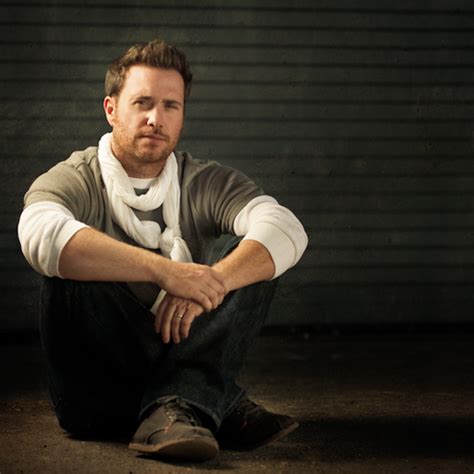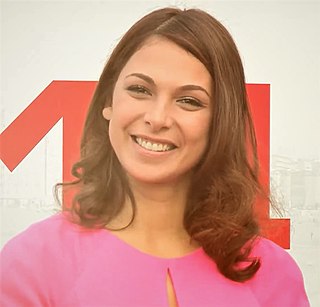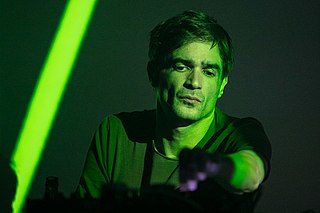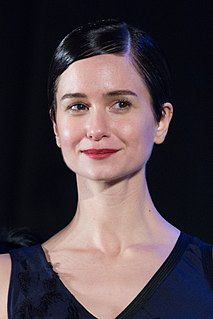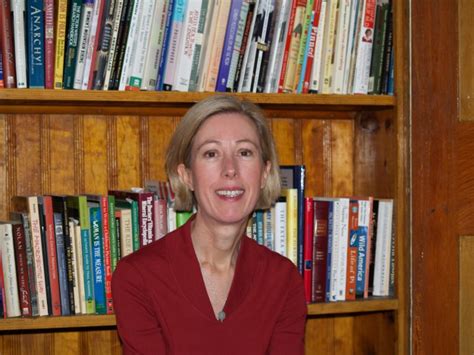A Quote by Colin Farrell
Making a film, you're in a really dark tunnel and the only kind of illumination is the shared experience you're having with your fellow cast and director.
Related Quotes
Your actors need to trust you as a director, but normally, I think you just need to have an open communication between the actors and the director. I think the director needs to really paint his or her vision to the cast and let them know the kind of mood that he or she is making. I think that's very important.
If you are having the experience of anxiety, your body is making adrenaline and cortisone, if you are having the experience of tranquility, your body starts making valium, if you are having the experience of exhilaration and joy, your body makes interleukins and interferons which are powerful anti-cancer drugs. So, your body is constantly converting your experiences into molecules.
Well, the experience for me making a film is the most profound one. I really don’t have any business watching the movie so much. Maybe I could watch it for entertainment purposes, but you have so little input and control of the final product once you’re done that I feel like I just would rather leave it alone. It kind of leaves me in a place where every film I do, I’m kind of having to reinvent and figure out how to start again fresh, and hopefully not repeat myself.
Every film I've ever worked on, and that includes 'Braveheart' and 'Trainspotting,' I've always witnessed a director having a breakdown. Every director will have a day, without exception, where they just can't do it anymore, they don't know what to say to their cameraman, their cast. It's the sign of real, physical exhaustion.
Well, there's two things I have criteria for doing a film: The script, which is the story, and the filmmaker, and it's a filmmaker's medium. I like really strong directors, and so when I do a film, I'm out there to serve the director, really, which is in turn to serve the script, to serve the director cause he's the one making the film. I relied on Todd Haynes for that.
My first film - a challenging role and completely different from the persona that was created in Italy. I was this super energetic, vibrant, happy, volumed hair, fitted dresses, the whole Italian va-va-voom thing. And the role was a girl that was really provoking society with being unnecessarily violent - just trying to see what people's limits are. It's a really dark tunnel to get to being nasty, being full of hate. When people hate there's a big sadness and rage within them, so it was interesting to go that dark with my first experience.
You kind of wake up in the morning, and you don't see anybody but these actors until you go home at night and pass out and do it again. So it's structured a lot like the process when you're making a film. You just kind of get in that tunnel vision. I like that. I like when the rest of the world kind of quiets.
There's always light after the dark. You have to go through that dark place to get to it, but it's there, waiting for you. It's like riding on a train through a dark tunnel. If you get so scared you jump off in the middle of the ride, then you're there, in the tunnel, stuck in the dark. You have to ride the train all the way to the end of the ride.


